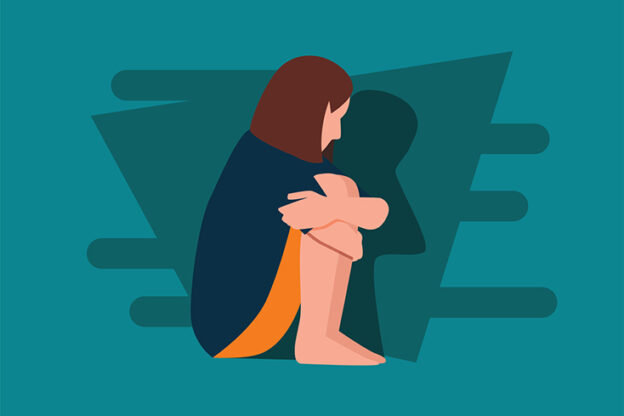Mindfulness-Based Therapy for PTSD: Healing from Traumatic Experiences
Post-Traumatic Stress Disorder (PTSD) is a debilitating mental health condition that can develop after experiencing or witnessing a traumatic event. It affects individuals of all ages, backgrounds, and walks of life. This disorder can have a profound impact on a person’s mental, emotional, and physical well-being, but with the right treatment and coping strategies, healing is possible. It is common for those with PTSD to turn to substances for relief, which can create a vicious spiral. At Centered Recovery Programs in Roswell, our staff is well-trained to help you use mindfulness-based therapy for PTSD and help you reach your goals.
What is PTSD?
PTSD is characterized by a cluster of symptoms that can be grouped into four categories:
- Re-experiencing Symptoms: Individuals with PTSD often relive the traumatic event through intrusive thoughts, nightmares, or flashbacks. These distressing experiences can be triggered by reminders of the trauma.
- Avoidance and Numbing: People with PTSD may actively avoid places, people, or situations that remind them of the trauma. They may also become emotionally numb, detached, or have a diminished interest in activities they once enjoyed.
- Hyperarousal: This category includes symptoms like irritability, anger outbursts, difficulty concentrating, sleep disturbances, and an exaggerated startle response. These symptoms are typically persistent and can significantly impair daily functioning.
- Negative Changes in Thoughts and Mood: Individuals with PTSD may experience negative changes in their beliefs and feelings about themselves or others. They may have persistent feelings of guilt, shame, or blame related to the traumatic event.
How PTSD Can Happen
PTSD can develop after exposure to various traumatic events, including:
- Combat: Military personnel who have been in combat zones often experience traumatic events that can lead to PTSD.
- Natural Disasters: Surviving natural disasters such as earthquakes, hurricanes, or floods can be traumatic and trigger PTSD.
- Assault: Sexual assault, physical assault, or other acts of violence can cause profound trauma.
- Accidents: Serious accidents, like car crashes or industrial accidents, can also lead to PTSD.
- Childhood Trauma: Experiencing abuse, neglect, or witnessing violence as a child can lead to PTSD in adulthood.
The Link Between PTSD and Substance Use
Many individuals with PTSD turn to substances like drugs or alcohol to cope with the distressing symptoms of the disorder. This can lead to a vicious cycle of substance abuse and worsening PTSD symptoms. Although, substance use may provide temporary relief, but it ultimately exacerbates the problem and increases the risk of addiction.
Healing from Traumatic Experiences Using Mindfulness
Mindfulness-based approaches have shown promise in helping individuals with PTSD manage their symptoms and promote healing. Here’s how mindfulness can be beneficial:
- Grounding Techniques: Mindfulness exercises, such as deep breathing or progressive muscle relaxation, can help individuals stay grounded in the present moment and reduce the intensity of traumatic memories.
- Emotion Regulation: Mindfulness practices teach individuals to observe their thoughts and emotions without judgment. Generally, this can help them gain control over their reactions and reduce emotional distress.
- Coping Strategies: Mindfulness encourages the development of healthy coping strategies that don’t involve substances. It promotes self-care and self-compassion.
- Improved Sleep: Mindfulness meditation can improve sleep quality, which is often disrupted in people with PTSD.
- Acceptance and Letting Go: Mindfulness teaches individuals to accept their past experiences and let go of the need to constantly relive or avoid them. This can be particularly helpful in the healing process.
While mindfulness can be a valuable tool in the recovery process, it’s important to note that it may not be a standalone treatment for severe PTSD. Professional help, such as therapy and outpatient treatment is often essential for long-term recovery.
In conclusion, PTSD is a complex mental health condition that can result from exposure to traumatic events. It can lead to a range of symptoms and, in some cases, co-occur with substance use disorders. Mindfulness-based therapy for PTSD can be a valuable part of the healing process, promoting self-awareness and self-regulation. However, seeking professional help from mental health experts remains a crucial step toward recovery and improved well-being for those affected by PTSD. If you believe that you or a loved one may be struggling with substance use due to PTSD, contact us today at 800.556.2966 for more information on how we can help you in your recovery!
Written by Jennifer Lopes, BS Psy






